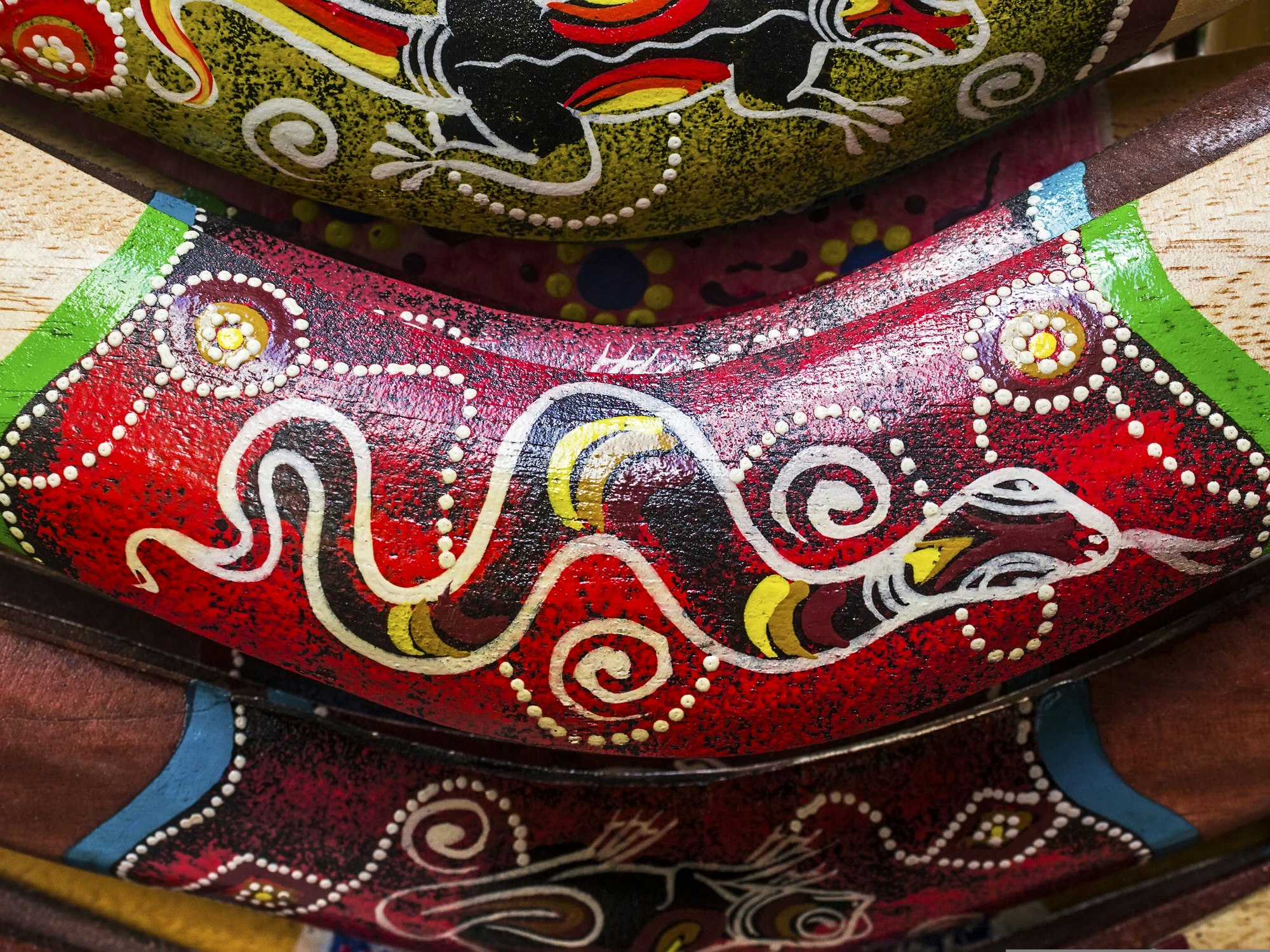Unique challenges of Indigenous people with disability during COVID-19

While the country deals with the impact of the coronavirus, and people with disability face their own challenges around changes in service delivery, the unique challenges faced by Aboriginal or Torres Strait Islander people with a disability puts them at an even higher risk during the outbreak of COVID-19.
Advocacy groups for Australia’s First Peoples with disability have joined over 70 national, state and territory disability organisations in an open letter urging the National Cabinet to take urgent action to support people with disability during the COVID-19 crisis.
In the open letter, the groups addressed a number of concerns relating to measures needed to protect people with disabilities, including those who are Aboriginal or Torres Strait Islander.
One of the main issues addressed in the open letter is the guarantee of support for people with a disability during the COVID-19 outbreak.
The letter asks for flexible provisions to be made, to ensure people with disability who cannot access services and supports through this crisis, continue to receive support. This includes Aboriginal and Torres Strait Islander people with disability in regional, rural and remote locations.
The open letter also calls on the Government to:
-
Expand criteria for COVID19 testing to include people with disability and their support persons
-
Urgently improve information and communications to be inclusive
-
Take measures to remove the barriers to adequate healthcare
-
Include recipients of the Disability Support Pension (DSP) in the Coronavirus Supplement
-
Urgently define what constitutes an ‘essential service’ for people with disability
This follows an earlier statement released by First Peoples Disability Network (FPDN) outlining the challenges being faced and calling on Federal and State Governments to deliver support and protect First Nations people with disabilities.
Social isolation and social distancing rules are now impacting everyone’s lives. However, according to the First Peoples Disability Network, it is an “impossible” task to adhere to for some Aboriginal and Torres Strait Islander communities due to overcrowding.
Project Officer for The Aboriginal and Torres Strait Islander Disability Network of Queensland (ATSIDNQ), Bruce Simpson says the social distancing requirements can be overlooked in some communities.
“Generally [in] Aboriginal and Torres Strait Islander households, we have a lot of people staying within the home. The mainstream calls it overcrowding, but it is just how we live together.”
Associate Professor John Gilroy from the University of Sydney’s Faculty of Medicine and Health says, “Overcrowding is a serious risk to spreading COVID-19. If you have multiple overcrowded houses in one community and a couple of people get sick, then it is guaranteed the whole community will get it.”
People with pre-existing medical conditions are more likely to get seriously ill if they are infected with COVID-19. In order to prevent this, measures limiting the amount of people moving between communities need to be implemented, according to Associate Professor Gilroy.
Social distancing and isolation requirements can also create issues when accessing health care services in rural and regional areas. Associate Professor Gilroy says he anticipates that the workforce in these areas will shrink.
“Aboriginal people with a disability living in remote communities, in terms of access to healthcare and disability services, rely on Fly-in fly-out (FIFO) staff.”
“Given the border closures and controls, it would be physically, emotionally and maybe financially impacting on the worker to try and access those communities.”
In addition, there are knock-on effects of social isolation and distancing that, Associate Professor Gilroy says, can impact on social and emotional wellbeing as well as financial and physical wellbeing.
“If an Aboriginal person with a disability is experiencing social isolation it exposes them to exploitation, or neglect, from family members and also people who are not related. For example care workers. It exposes them to neglect from the business sector, from people who prey on vulnerable people, like business overseas, looking for credit card or bank information on social media.”
Accessing information and being able to apply preventative measures is now an essential part of combating COVID-19, especially for those who have a disability.
Mr Simpson says, “Culturally appropriate resources [for people with a disability] are vital right now through this time for our mob to see. It’s a connector when, as First Nations people, we see any information [that is] culturally appropriate. [It] sends a strong message that we belong, we are counted and considered.
“[We need to set up] the technology to let people have access to more information. In my role, I see a lot of cultural information that is coming up, which is great, but not many of our families have internet or wifi.”
While Associate Professor Gilroy also acknowledged there is a lot of information for people who are Aboriginal and Torres Strait Islander and who have a disability out there, he highlighted that preventative measures for COVID-19 could still be challenging to implement.
“There is no point giving people information and giving communities information if those people don’t have the financial or physical means to be able to purchase [what they need].
“When things like this happen the Government seems to think everyone is starting from the same start line, that is so not true. It is disablist and racist to think that.”
You can learn more about COVID-19 and Disability Support by visiting our dedicated information page.
What challenges are you facing during COVID-19? Tell us in the comments below or send an email to [email protected].